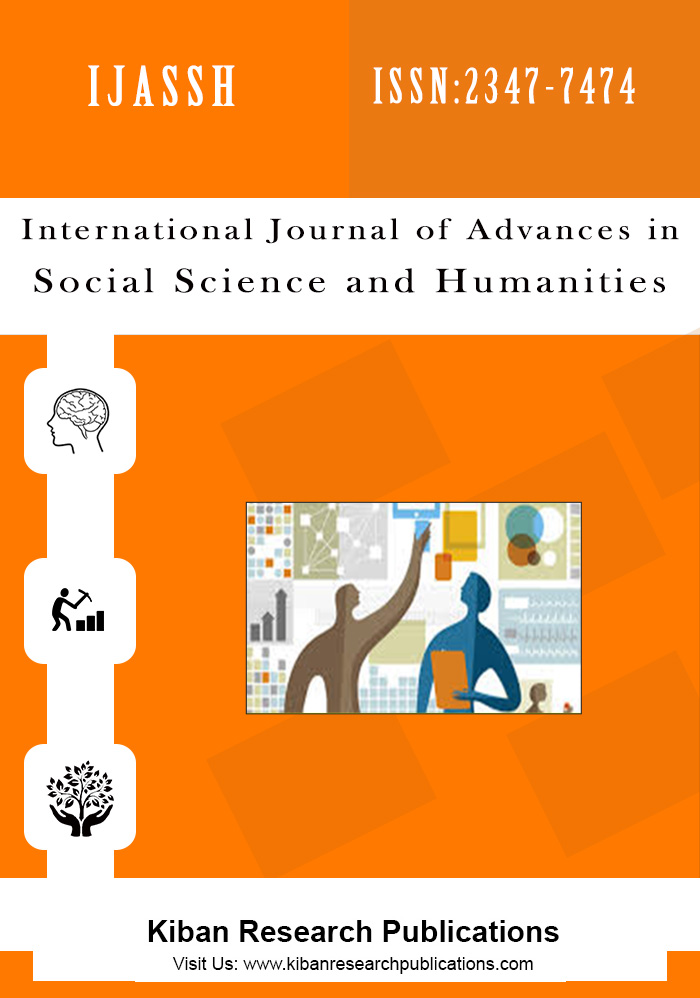Cakchiquel Traditional Midwives: Harmonizing Biomedicine and Beliefs in Chimaltenango, Guatemala
Abstract
Objective: To explore how Cakchiquel midwives were involved in the Mayan cultural-political shift
perpetuating traditional beliefs and practices while adapting to the new expectations of midwifery and care of parturient women. Design: A qualitative study based on in-depth interviews. Setting: Three municipalities, Tecpán, Patzicia and Patzún, located in the departemento of Chimaltenango in the highlands of Guatemala.Participants: Cakchiquel midwives from Tecpán, Patzicia and Patzún (n = 11).Measurement of findings: The study analysis involved a coding framework to identify all key themes and categories. The analytical and interpretive process involved understanding midwives‟ practices and beliefs within each transcript/interview.Key conclusions and implications for practice: The main themes that emerged from the interviews with the Cakchiquel midwives from Tecpán, Patzicia and Patzún were the noted differences between past and present obstetrical practices and beliefs, such as the different „callings‟ that midwives experience to practice midwifery, the persistent socio-economic disadvantages confronted by indigenous midwives, the legalization of midwifery as a profession, and the inception and support of a referral system. The respondents have been active in a social movement of post-materialism and newly created identities generating an intercultural healthcare alternative for indigenous women which integrates elements of western medicine into traditional practices.
Â
Keywords: Midwives, Cakchiquel, Tradition, Obstetrical Training, Social movement.




